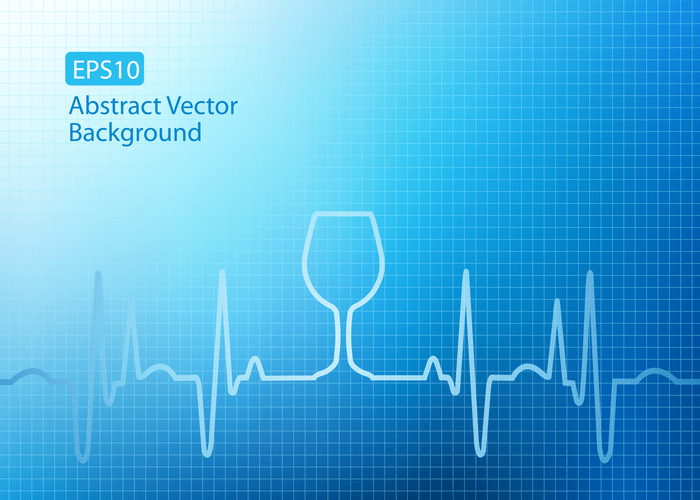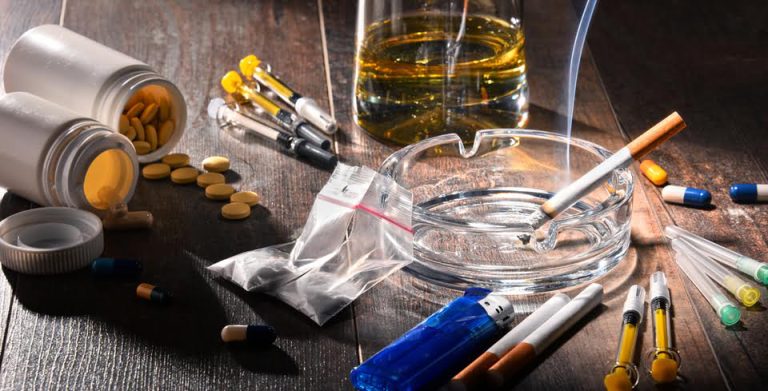Your drinking may increase to the point you develop a tolerance to alcohol. When this happens, you need more drinks to reach the same feeling you once had with only drinking again after sobriety a few. When you stop drinking, you experience physical withdrawal symptoms. These symptoms can include sweating, nausea, anxiety and even delirium. These are all symptoms you can move past, however, once you begin your path towards recovery. Instead, we need to think of alcoholism as an illness that requires treatment.
How common is relapse?
Relapse is fairly common among addicts – up to 70% of alcoholics will relapse at some point; a third of all people in alcohol addiction recovery will do so within a year. While it is true that recovery is not always linear, relapse is by no means an inevitability. Even by the most conservative estimates, 3 in 10 alcoholics will successfully maintain sobriety once it is achieved. The likelihood of this increases the longer you have been sober, https://adamgardenstt.com/index.php/2022/10/25/how-long-does-a-hangover-last-understanding/ so if you can make it through the first few years, you will probably make it in general. After a long period of staying sober, a person might come to believe that they have been sober for a very long time they can handle a little bit of occasional drinking here and there. If a person does not want their recovery journey and the numerous alcohol abuse treatment programs they had to go through, to go down the drain, they have to avoid even occasional drinking.

Healthy Coping Strategies for Stress and Cravings
For alcoholics, even one what is alcoholism drink can trigger a relapse into heavy drinking. This is due to the brain’s altered state, which craves the substance and struggles to function without it. Additionally, addiction involves both a psychological and a physical component.

Can Alcoholics Drink in Moderation?
Physical relapse is the stage in which the individual returns to drinking alcohol, often in significant quantities. This can occur within a short period of abstinence or after several months or years and is more likely if prevention strategies are not utilized within the previous two stages. For many people with a substance use disorder, it’s simply a matter of never having learned the appropriate way to manage anger. Talk to your therapist, other healthcare provider, or sponsor about how to deal with your anger in ways that won’t cause you to harm yourself or others or turn to alcohol or drugs.
- Aftercare can consist of sober living houses, 12-step programs and ongoing therapy.
- But it is different for every person because some people might relapse in their first year of sobriety but then go on staying sober for years and decades to come.
- Your streak of sober days goes back to zero, and you have to start from scratch.
- Research shows that if you maintain these types of toxic relationships, your chances of relapsing are greater.
- Relapse is a return to drinking after a period of sobriety, and it can be triggered by various factors.
- How long you abstain from alcohol will depend on your history with alcohol as well as the intensity of your addiction.
- Research and personal stories show that the risk never fully disappears.
- Being around alcohol will bring up a lot of feelings and probably some memories.
- Post-acute withdrawal syndrome (PAWS) involves withdrawal symptoms that persist past the detox period.
- It usually requires professional treatment for people to become sober.
- There are individual, group, and family therapies for this purpose.
This can be hard if your social life previously revolved around drinking. It’s even harder if your loved ones don’t support your sobriety. Instead, a person should see it as an opportunity to enforce healthy coping mechanisms and strengthen their resolve.
